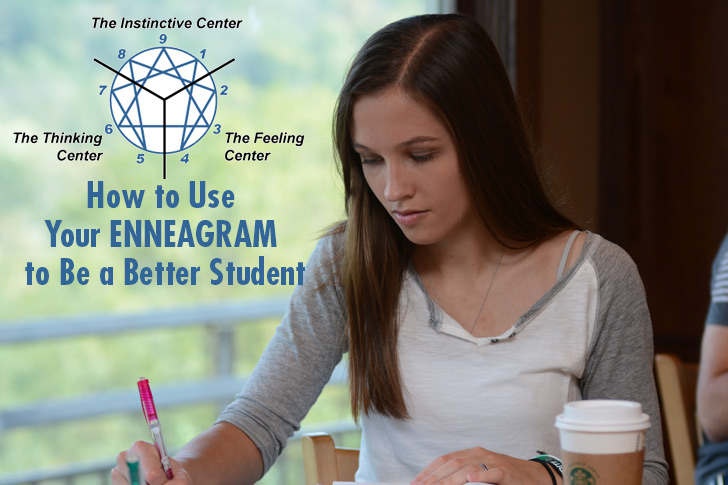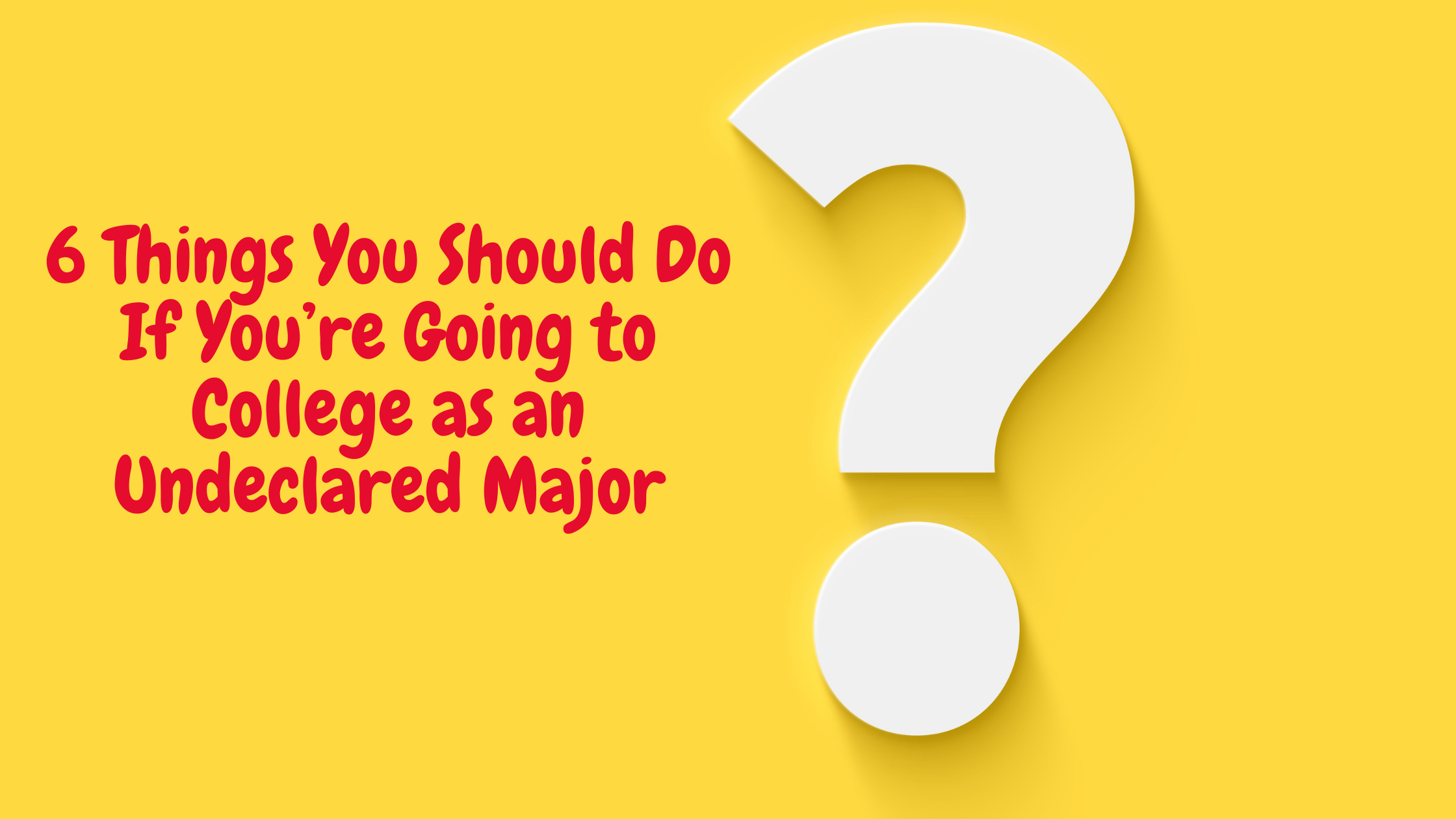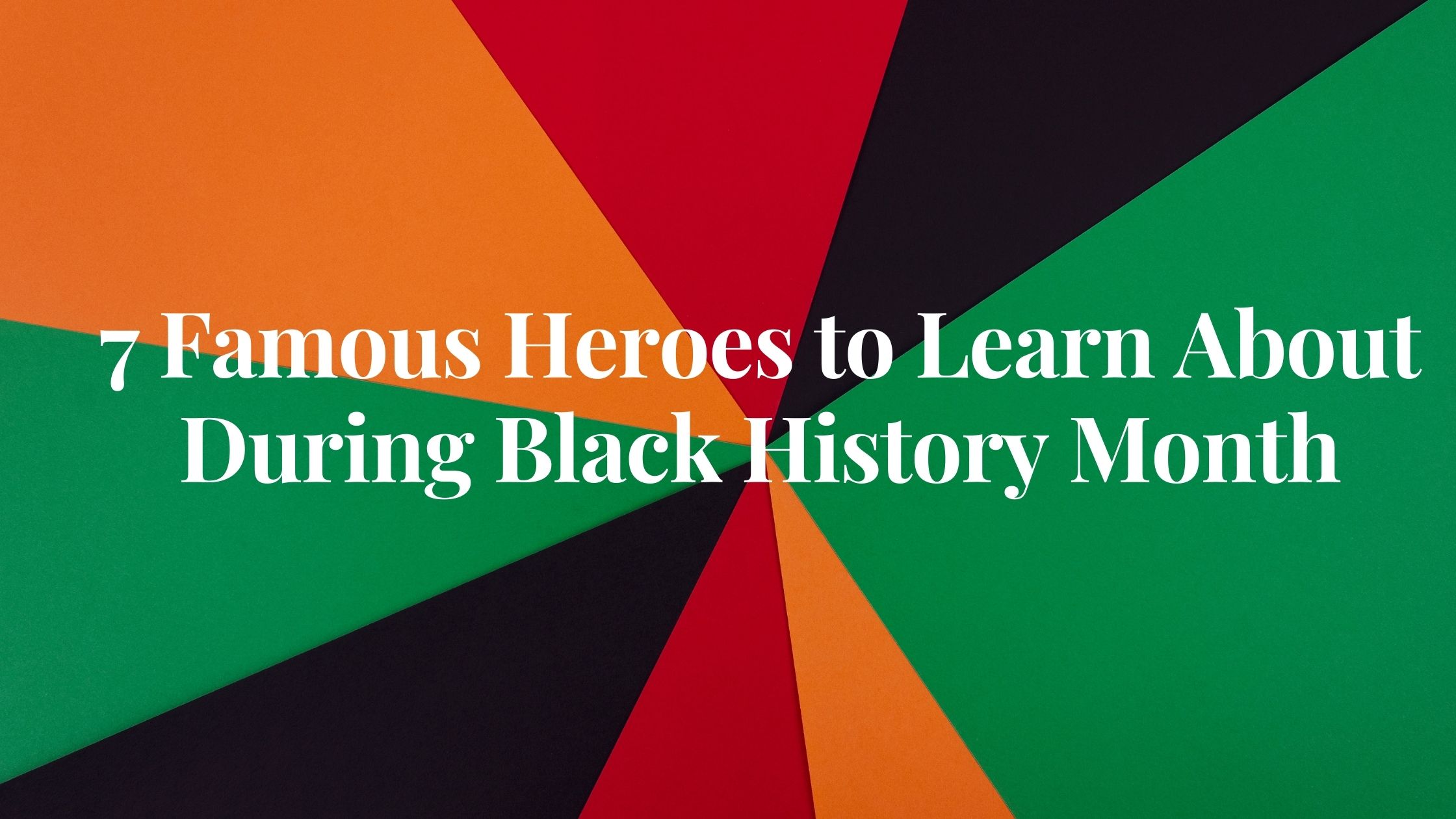
The Personality of Academic Success
What is the enneagram test? If you aren’t familiar with it, this is a test that is determined by social psychology, and your type (one-nine), are determined by how you learned to adapt to your early childhood environment, according to the Enneagram Institute. This is an imperfect measurement of the nature balanced with nurture in your life. It divides people into nine basic types, denoted by a number and given a specific name. However, when people refer to themselves as their enneagram number, this denotes much more than a name and a number. Using your type description, strengths, weaknesses, and tendencies, you can learn more about yourself and begin to understand how to be a better student.
First, take your free assessment here.
Next, read all about your type on https://www.enneagraminstitute.com/type-descriptions.
Then, scroll down to your primary type and find out how you can use the new information to become a better student
Type 1: The Reformer
Like Michelle Obama and Gandhi, you are constantly looking to be better and improve everything around you. Chances are, you have a strong desire to maintain integrity and not become corrupt. Academically, it means you never settle for less than doing your best and constantly improving no matter what your ability in a class. Type ones are of practical action, and therefore are useful and constantly have a ‘mission.’ The best way to achieve a balanced academic-personal life for the one is to learn to relax. The one has no problem getting to work and always striving to do their best. In the end, creating a time to stop working is to the advantage of anyone. You don’t need to justify taking time for yourself to unwind.
Type 2: The Helper
Like Eleanor Rossevelt and Lionel Richie (and other fantastic musicians like Stevie Wonder, Dolly Parton, Josh Groban), type twos are motivated by nothing other than the desire to be loved. That’s not quite everything, but it’s a pretty strong pull for people who identify as a basic two. What does this have to do with academia, you might ask? Well, The Helper is called the helper for a reason. They earn their name by being the most genuinely helpful personality. Always include them in your study group. However, for a type two to be a better student, they need to seek help from their classmates as readily as classmates might seek help from them.
Type 3: The Achiever
Like Oprah Winfrey and Elvis Presley, a type three is destined for greatness. Type three’s primary motivator here is the desire to be affirmed and to be distinguished. The three is successful and widely well liked. While the achievement they strive for is vastly different, the goal is the same - achievement. When all they strive for is success, what else could you be told about how to be a good student? Chances are, you are already a great student. The only way to be better is to do a little soul-searching. The best way to be healthy and find balance is to identify what your ultimate goal is. You don’t have to know step-by-step how to get there, but at least understanding what you value most will guide you to achieve the balance you need. Then you can make the changes you need to make to guide you in the right direction.
(Other threes include Taylor Swift, Lady Gaga, Barbara Streisand, Reese Witherspoon, Jamie Foxx, Bon Jovi, Michael Jordan, Tom Cruise, Justin Bieber, Whitney Houston, Madonna, Anne Hathaway and Will Smith. Anything is possible for a three.)
Type 4: The Individualist
Like Cher and Prince, you stand out from the crowd. You often relate to the self-seeking journey of Eat, Pray, Love. You want to ‘express yourself’ (not to be confused with Madonna, she’s a type three), but under stress you can’t perform your best. You must be concerned with your emotional health. This is your affirmation that you need to balance your emotional health. Knowing how to relieve your stress when it builds up will be a strong tool when it comes time for stress to compound. One warning about being a better student is to not be too indulgent in self-pity if you fail, and to make sure you seek help from friends.
Type 5: The Investigator
Like Einstein, Agatha Christie and Tim Burton, you are alert, insightful, and curious. The type five is said to be able to focus on developing complex ideas and skills, a unique strength in the world of academia and beyond. With the possession of knowledge as the key motivator, there is nothing that can stop the type five from succeeding in school. Fives are encouraged to seek company, to prevent isolation. The five wants to “find out why things are the way they are.” To achieve more academically, they should leave themselves enough time to investigate questions in addition to schoolwork, and always write down questions as they go to ask the professor in class or after class later. Writing down questions is especially important if the class is a fast-moving one.
Type 6: The Loyalist
Like Tom Hanks, Robert de Niro and Julia Roberts, you have committed, reliable, trustworthy qualities that help a six foresee problems. To be a better student, the six needs to be their best by setting aside self-doubt. When preparing for a big test or presentation, pick up some confidence from your closest confidants and put your best foot forward. You are committed enough to see this project through.
Type 7: The Enthusiast
Like Amelia Earhart, Miley Cyrus and Leonardo DiCaprio, you are spontaneous. You love to chase freedom and worthwhile experiences. When stressed, type seven is overly critical, especially of themselves. While understanding their academic strengths is very important when the reality for a seven is this: often, they are not intellectual in a typical sense and tend to move from one idea to the next. This quality doesn’t help the ability to focus, but there is a hidden talent there: the ability to brainstorm and synthesize information. Using this to be a better student is just a matter of keeping up with the rush of ideas. Giving yourself room and space to think and explore, while also leaving time to have new experiences and be free and not constrained to the library for hours at a time.
Here is a quote from the type description that might also help a seven understand how to succeed academically.
“I am definitely a list person. It’s not really for memory since I have a great memory. It’s more for down-loading information so that my mind won’t spin on it. For example, I was at a concert where the tickets were hard to get and very expensive. I couldn’t sit through it. My mind was torturing me with the things I needed to do. Finally, I had to get up and leave. This was very upsetting to the person I went with and I missed a good show.”
Type 8: The Challenger
Like Russell Crowe and Barbara Walters, the eight is the self-reliant type. The Challenger likes taking on challenges to prove their strength to the world. The eight is persistent in keeping everything and everyone safe, and is often determined to have the endurance to both take on the challenge and maintain security. The eight might be a little bit of an individualist with a toughness and a rebellious streak. The way for the Challenger to take on the challenge of school is that emotionally, they may benefit from learning how to be vulnerable with the right people. Intellectually, the eight is encouraged to go against the grain and really think their own thoughts, taking on the challenge even if it means more work. Studying for concentrated amounts of time to achieve a goal fits the eight perfectly. Go forth and conquer!
Type 9: The Peacemaker
Like Morgan Freeman, Walt Disney and Whoopie Goldberg, a nine is the peacemaker. They are trusting and stable. Instinctive and strong. You create harmony, avoid conflict, and in some ways exemplify every one of the other types in some way or another. Nines are difficult to explain, so I recommend further reading and listening to podcasts about this type (my recommendation is "Sleeping at Last"). The encouragement I have for this emotional monopoly is, when things get rough, don’t adopt a premature peace or numbness. Proceed with determination through the tough time and know that things will get better. The very wise advice from the website is this:
“Exert yourself. Force yourself to pay attention to what is going on. Do not drift off or tune out people, or daydream. Work on focusing your attention to become an active participant in the world around you. Try to become more mentally and emotionally engaged.”
Closing thoughts: these words of wisdom are only small pieces of advice, but I believe that when you understand the basic way you think and process the world around you it can help you learn with intention.
Geneva College provides a core curriculum that stresses self-knowledge as beings created by God, living in a world made for His glory and with responsibilities to Him, their neighbors and all facets of God's creation. Contact Admissions to learn more about a Christ-centered Geneva education at admissions@geneva.edu or 800-979-5563.
-Chelsea Curry '19
Opinions expressed in the Geneva Blog are those of its contributors and do not necessarily represent the opinions or official position of the College. The Geneva Blog is a place for faculty and contributing writers to express points of view, academic insights, and contribute to national conversations to spark thought, conversation, and the pursuit of truth, in line with our philosophy as a Christian, liberal arts institution.
Jan 31, 2020UncategorizedRelated Blog Posts
Request Information
Learn more about Geneva College.
Have questions? Call us at 724-847-6505.











 Online Course Login
Online Course Login